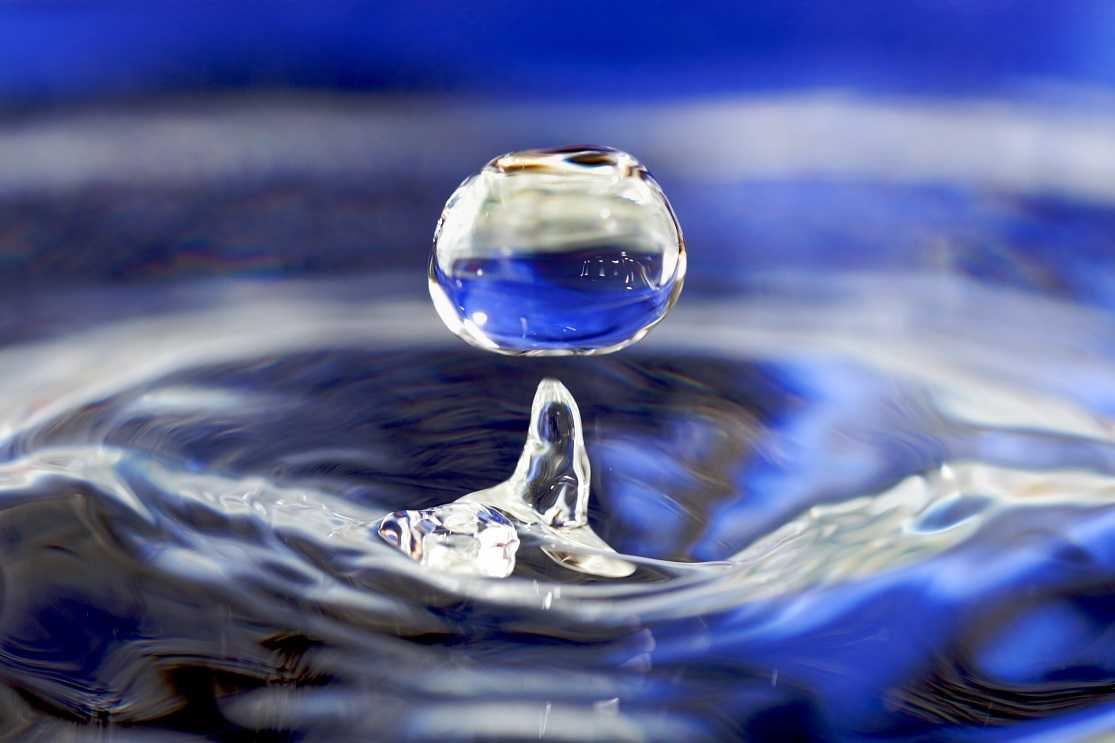Share your coffee stories with us by writing to info@comunicaffe.com.
MILANO — We all know that these days you cannot always assume your water will be clear and fresh. Water quality varies, and it can contain microplastics, bacteria and chemical components. Chlorine is added to keep it clean but in so doing spoils the flavour.
And it’s not just that: every water has a different mineral profile. Water is an essential part of all drinks, and increasing Importance is being attached to the way it is treated.
Here, as in so many other sectors of food&beverage, a revolution is taking place, and not just in technological terms, with the Ho.Re.Ca. sector paying increasing attention to water quality.
As Jenny Puglisi, professional marketing manager of BRITA Italy explains:
“Originally, water treatment was exclusively about preventing the build-up of limescale deposits and involved manual or automatic softening processes, which were fine as long as everything was properly maintained, but that was hardly ever the case.
Today, in-depth studies have highlighted the interaction between water and coffee during extraction and identified the ideal mineral composition of water to produce the best cup of coffee.”
So how do you get the very best results?
“There is a strong correlation between the mineral composition of water and the development of the aromatic profile and also of the creamy froth in a cup of espresso. The correlation becomes stronger the higher the quality of the raw material.
As well as softening the water and gauging the mineral salts it contains, it is important to remove the chlorine used to disinfect drinking water, because it alters the flavour and the creaminess of the coffee. And traditional water softeners don’t filter it out.
So this is clearly something that affects the world of vending too
“In this sector in fact preventing breakdowns caused by limescale deposits and other impurities present in the water such as sand or rust is essential if technical intervention costs are to be reduced to a minimum. Such breakdowns can have a substantial effect on the profitability of an automatic vending station, as well as affecting the satisfaction of customers, who expect a reliable supply of high quality beverages, not a machine that keeps on breaking down.”
“There are various filter systems you can use that interact in different ways in the various extraction processes, with very different results,” adds Sergio Barbarisi, general manager for BWT Water+More Italia.
“A cartridge that filters out chlorine is the basis for a good cup of coffee, and in our opinion that is the very least that needs to be done. Then there are more complex filter systems such as those that put magnesium back into the filtered water, resulting in a more selective extraction power regarding the achievement of the best flavour and aroma for the coffee.”
How important is water treatment when it comes to vending machines? “Since we came into being we have worked in partnership with both manufacturers and operators of vending machines, since both have understood the importance of filtration not just to keep the machine working properly, but to give customers the very best coffee-break experience.
“We Italians view coffee drinking as a moment of pleasure and relaxation and that includes when we are at work or in a public office or hospital. Offering people a better experience by providing excellent flavour adds to the status of the vending machine, making it something people value. And when that is the case, operators can extend the products offered which in turn allows them to increase prices.”















